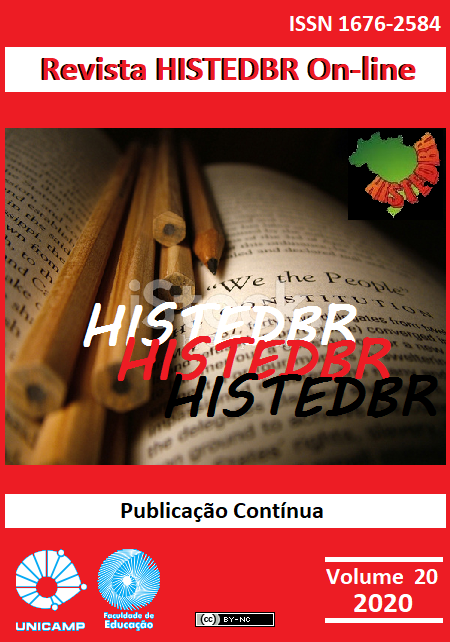Abstract
Education is closely related to human development. This relation is interpreted in different ways in Psychology which is evidenced in the different theories, methodologies and practices existent today. This radically impacts the study and intervention of people with learning disabilities. In this article we carry out a critical analysis of the studies of dyslexia based on the Historical Cultural Theory. We will show how the basic conceptions of this learning disability lead to interventional methodologies through insurmountable paths to achieve their primary objective: awareness phonological. In contrast, the Historical Cultural Theory, theories and methodologies provide the necessary and essential conditions for the development of word sound analysis to prepare children for learning to read and write. This is part of the comprehensive response of the Cuban educational system to the phenomenon of dyslexia, where the qualities to be able to read and write are not considered innate qualities, but rather the product of a complex human development promoted by education.
References
AMERICAN PSYCHIATRIC ASSOCIATION. Diagnostic and Statistical Manual of Mental Disorders. Fifth Edition. Washington DC: American Psychiatric Publishing, 2013.
ARIAS, G. B. El Retardo en el desarrollo psíquico o dificultades específicas de aprendizaje. In: GARCÍA, M. T.; BEATÓN, G. A. Psicología Especial. Tomo II. La Habana: Félix Varela, 2006. p. 169-218.
ARIAS, G. B. La persona en el enfoque histórico cultural. Sao Paulo, BR: Editorial Linear B, 2005.
ETCHEPAREBORDA, M. C. La intervención en los trastornos disléxicos: etrenamiento de la consciencia fonológica. Revista de Neurología, p. 13-19, 2003.
GAYÁN, J. La evolución del estudio de la dislexia. Anuario de Psicologia, v. 32, n. 1, p. 3-30, 2001.
LÓPEZ, J.; BORGATO, A. Formación de la habilidad de análisis sonoro de la palabra en ñinos del sexto año de vida. In: SIVERIO, A. M. et al. Estudio sobre las particularidades del desarrollo del niño preescolar cubado. Cuidad de la Habana: Pueblo y Educación, 2002. p. 216-226.
VYGOTSKI, L. S. Obras escogidas. Madrid, ES: Editorial Aprendizaje/Visor, 1993. Tomo II.
VYGOTSKI, L. S. Obras escogidas. Madrid, ES: Editorial Aprendizaje/Visor, 1995. Tomo III.

This work is licensed under a Creative Commons Attribution-NonCommercial 4.0 International License.
Copyright (c) 2020 Revista HISTEDBR On-line


